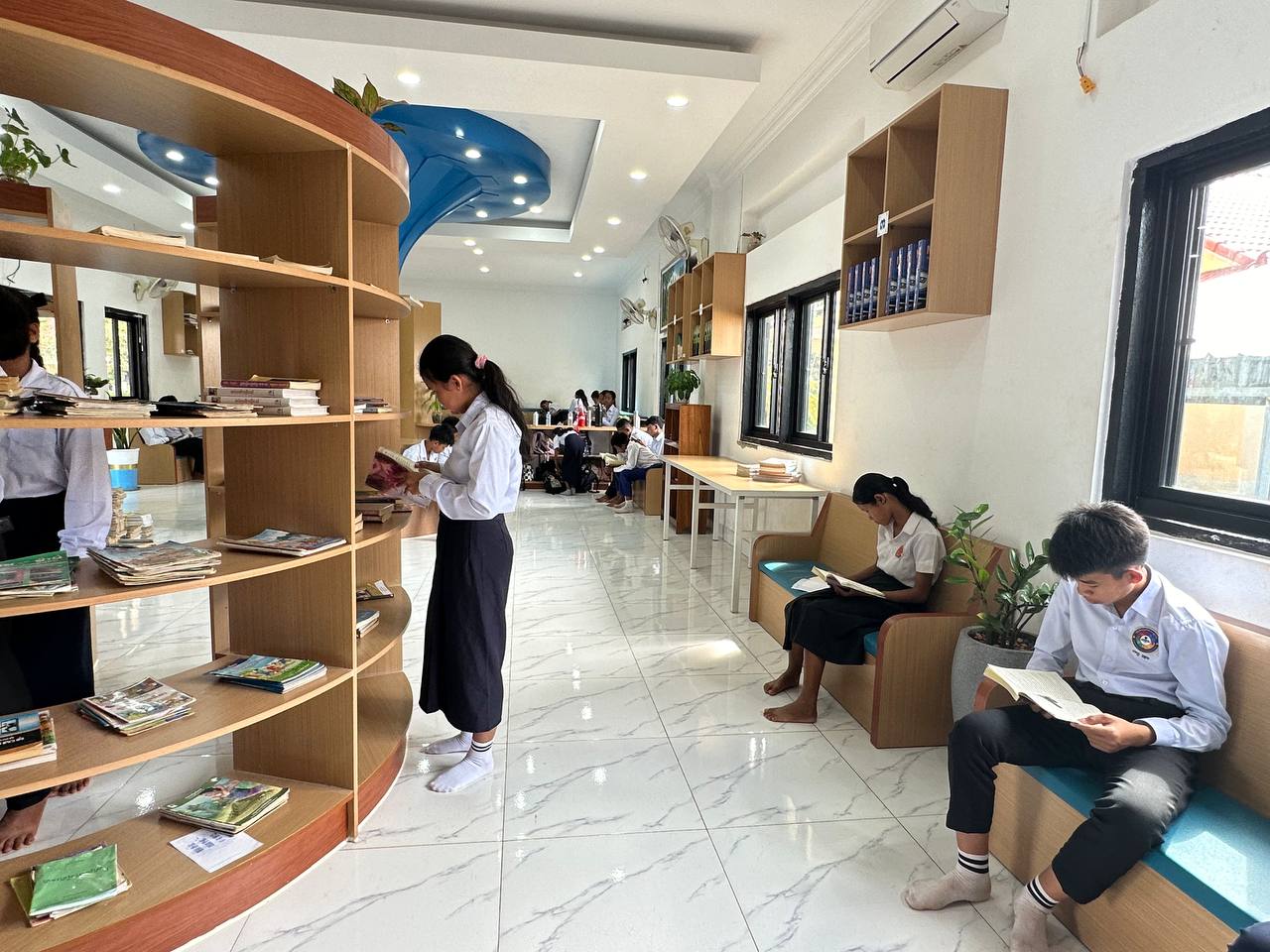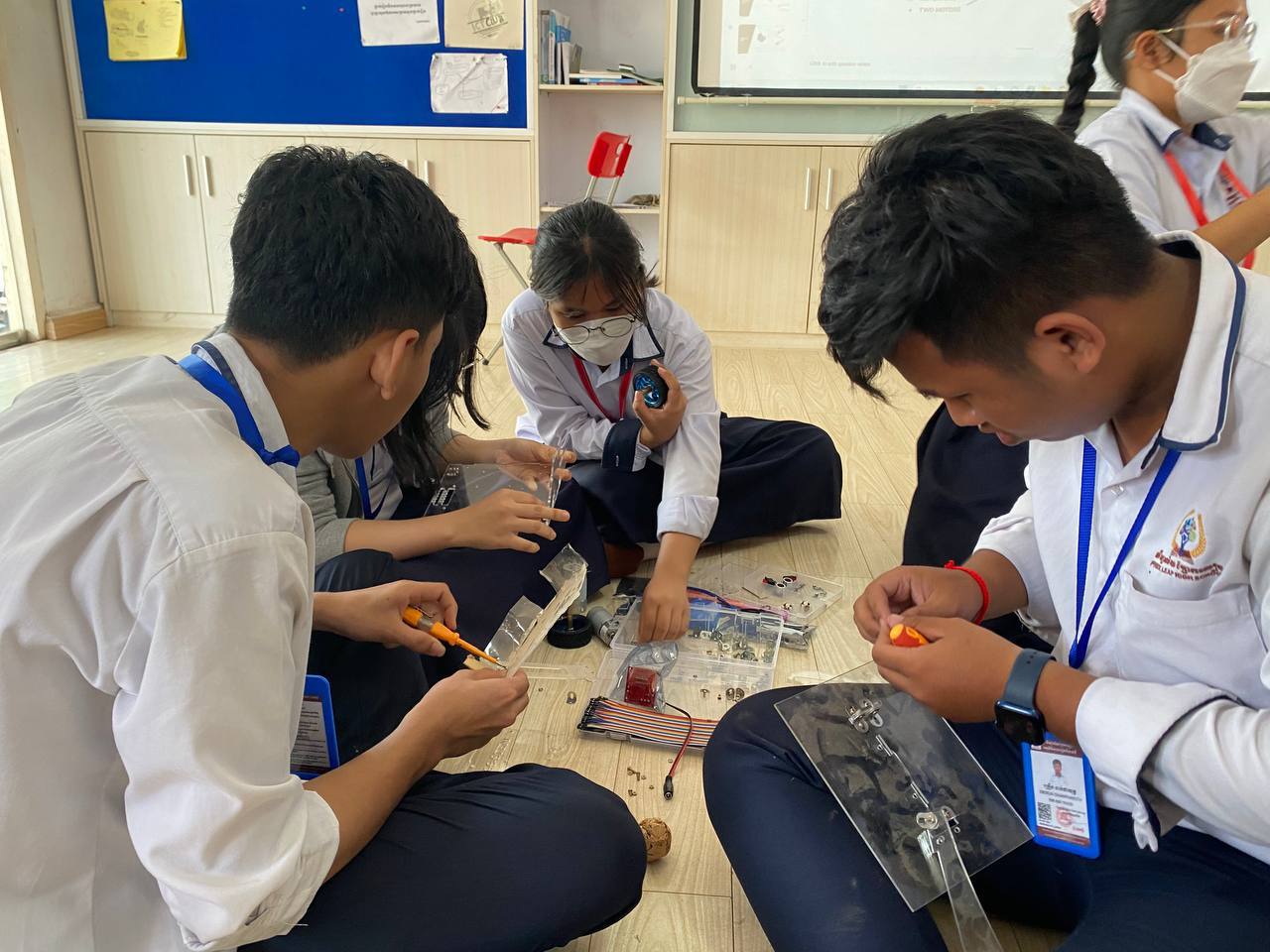Current Projects
New Generation School Initiative (NGSI)
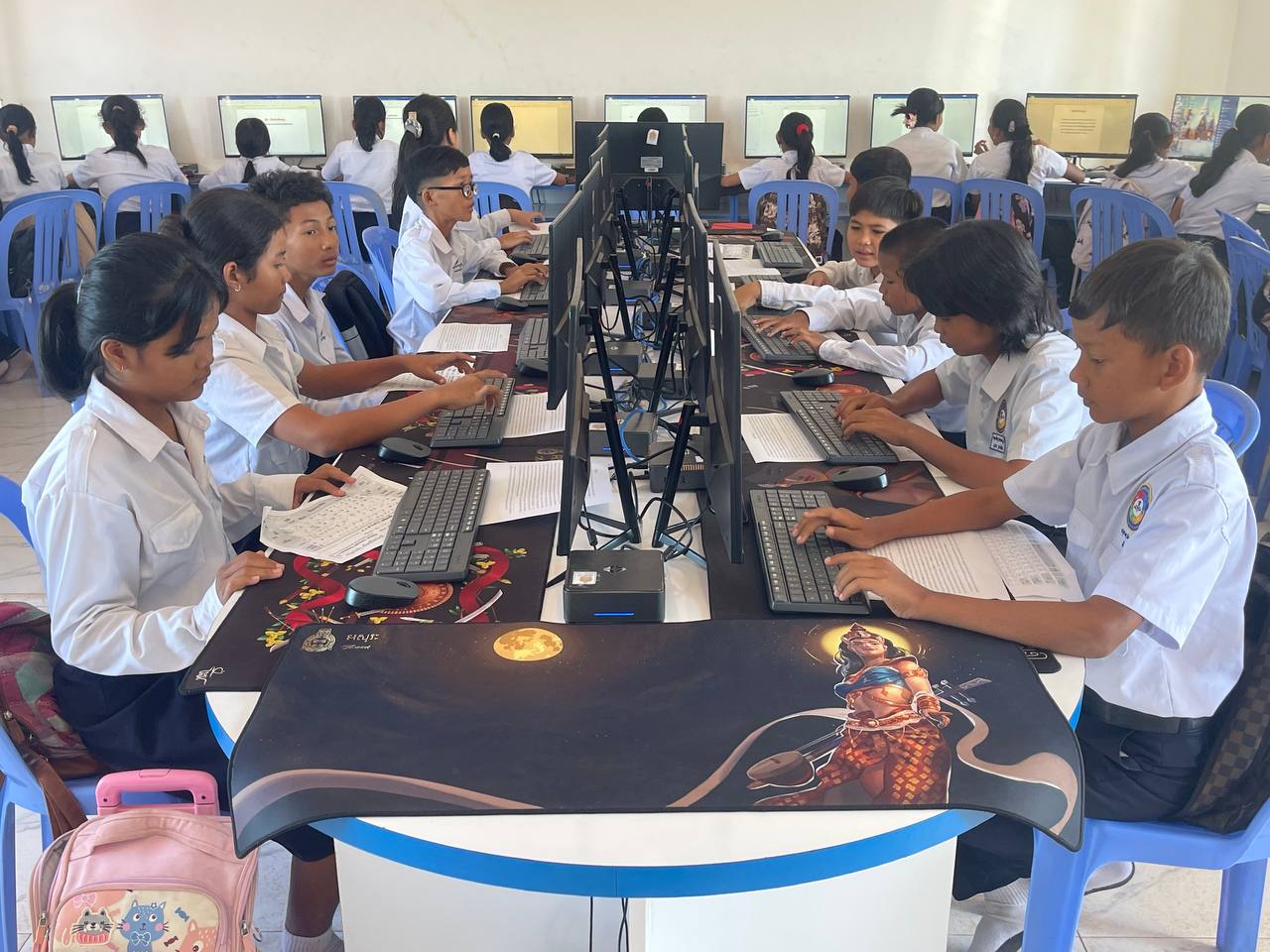 Project Profile
Project Profile
The New Generation School Initiative (NGS) is an educational reform project aimed at transforming public schools in Cambodia into models of excellence through high-quality learning standards, good governance, and professional management. In 2024, the project supports 10,364 students, including 7,820 secondary and 2,444 primary students, across seven provinces: Phnom Penh, Kampong Cham, Kampong Speu, Kandal, Savy Rieng, Prey Veng, and Siem Reap. The total budget is USD 1,709,316.77, with a unit cost of USD 172 per secondary student and USD 12 per primary student. The initiative operates eight secondary schools, including Yukunthor High School as an annex to Sisowath High School.
Project Update
In 2023, the NGS expanded to two new secondary schools in Siem Reap and Prey Veng provinces, increasing the total to eight secondary schools, with Yukunthor High School as an annex. These new schools have shown rapid progress. The initiative continues to focus on implementing high-quality learning environments and governance models, with ongoing investments in infrastructure and teacher training.
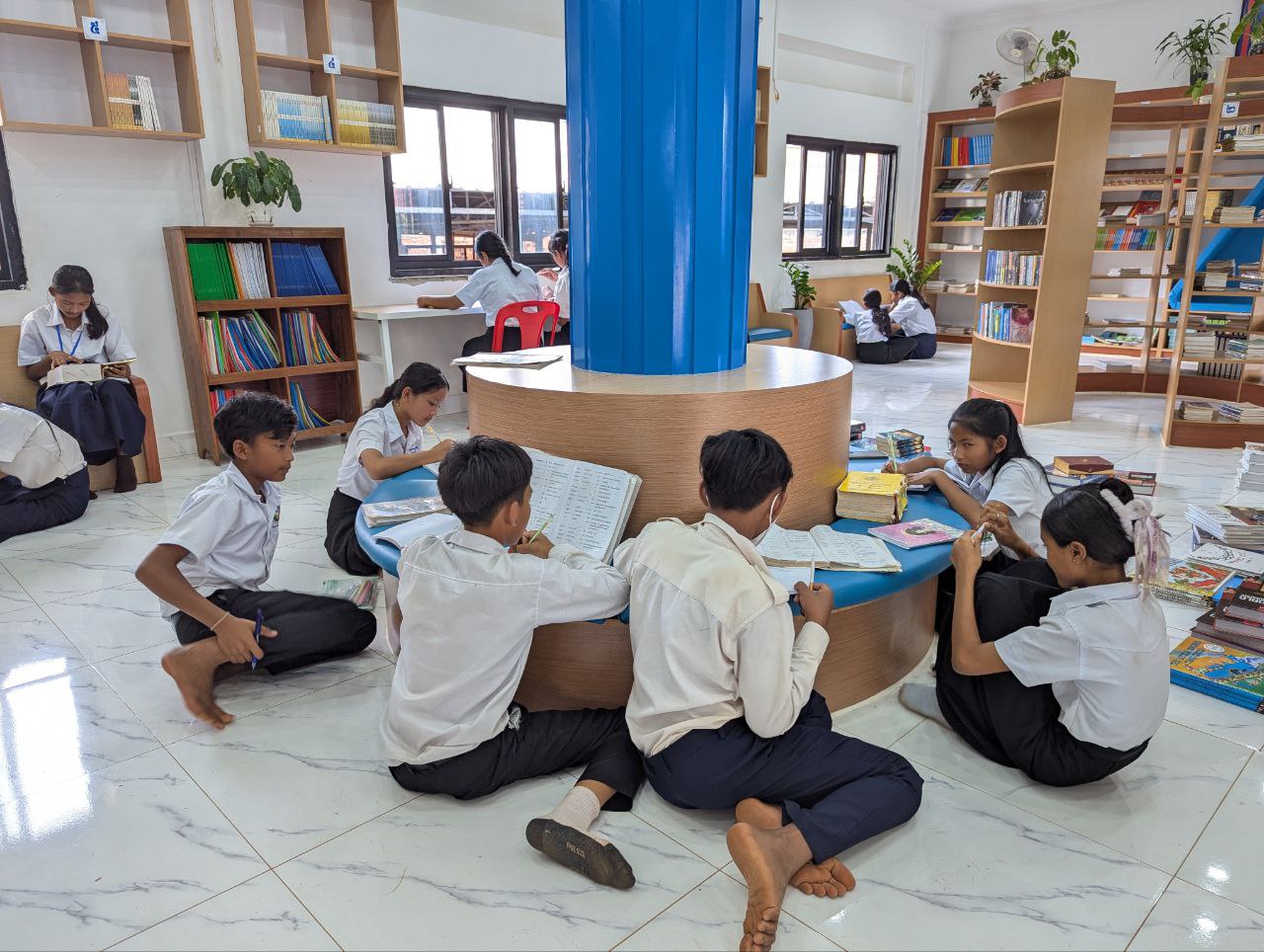 Project Rationale
Project Rationale
The NGS Initiative addresses the need for educational reform in Cambodia by establishing schools with maximal learning standards, contrasting with minimal standards often seen in public education. It aims to foster good governance, professional standards, and high-quality learning through a public-private partnership model, promoting sustainable, child-friendly environments, particularly for urban poor communities.
Key Activities
- Developing an Implementation Manual and Project Support Framework for setting up NGS schools, starting with Sisowath High School.
- Implementing an NGS Investment Plan focusing on infrastructure (science labs, libraries, discoverable labs, and selected classrooms) and leadership training.
- Establishing an Oversight Board led by the Ministry for governance.
- Enhancing teacher career paths with ICT training and scholarships.
- Conducting a National Survey to identify replication sites.
- Developing Operating Guidelines for a Social Equity Fund to ensure access to high-quality learning for the poor.
Milestone Events
In 2023, the NGS expanded to two new secondary schools in Siem Reap and Prey Veng, bringing the total to eight secondary schools. Both new schools demonstrated significant progress. Additionally, NGS schools achieved excellent results in the Bac II and Bac III national examinations, reinforcing their reputation for academic excellence.
Key Achievements
- Successful expansion to two new secondary schools.
- High performance in national examinations (Bac II and Bac III).
- Development of infrastructure, including science labs and libraries at Sisowath High School.
- Establishment of an Oversight Board to ensure governance standards.
- Progress in teacher training programs focusing on ICT and career development.
Key Metrics for New Generation Secondary School Performance (2023-24)
- Student enrollment: 7,820 secondary students.
- National examination pass rate: 95% for Bac II and Bac III.
- Teacher training completion: 80% of teachers trained in ICT.
- Infrastructure completion: 4 science labs, 3 libraries, and 10 discoverable labs established.
- Oversight Board meetings: 6 meetings held in 2023.
Project Impact
The NGS has significantly improved educational outcomes for 10,364 students by providing access to high-quality learning environments. It has enhanced teacher capacity through ICT training and career development, fostering professional growth. The initiative has also promoted equitable access to education for urban poor communities through the Social Equity Fund, ensuring sustainability and accountability.
A Glance into the Fture
The NGS aims to replicate its model in additional provinces, guided by the National Survey results. It plans to expand the Social Equity Fund to support more schools and enhance digital learning through further ICT investments. The initiative will continue to strengthen governance and teacher capacity to sustain high educational standards.
Start and End Date
The project began in 2016 and is ongoing, with no fixed end date as it aims for sustainable, long-term educational reform.
Funded by
The project is funded by the Ministry of Education, Youth and Sport (MOEYS) and the Franks Family Foundation (FFF).
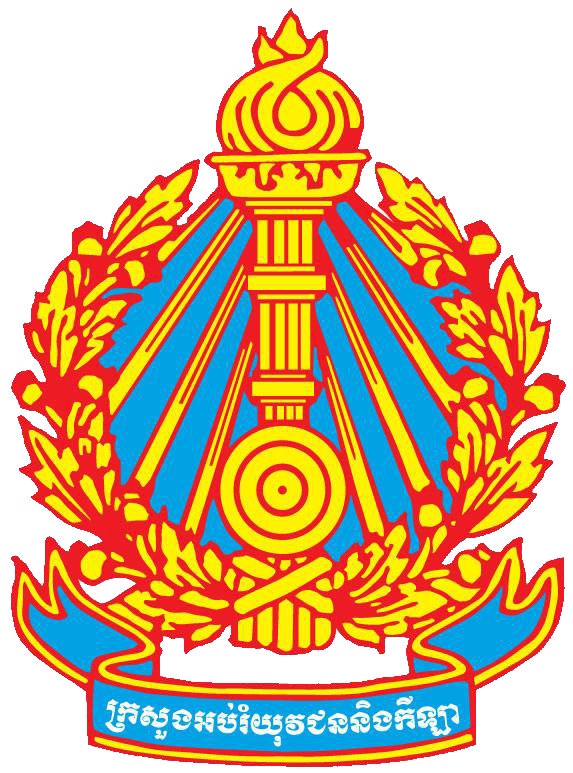
Franks Family Foundation (FFF)

117
Preschool(s)
178
Primary Schools
207
High Schools
2
Higher Education Institutions
163,072
Students
4,487
Teachers/Directors
5,362
Stakeholders



